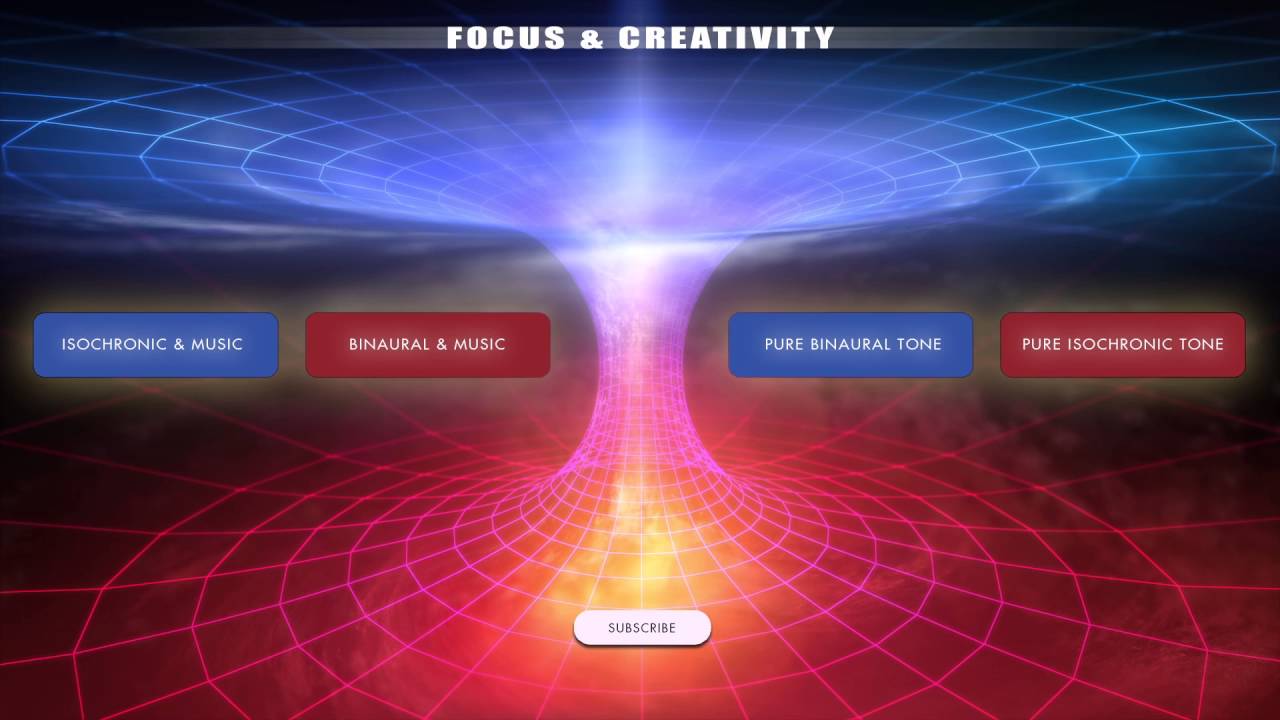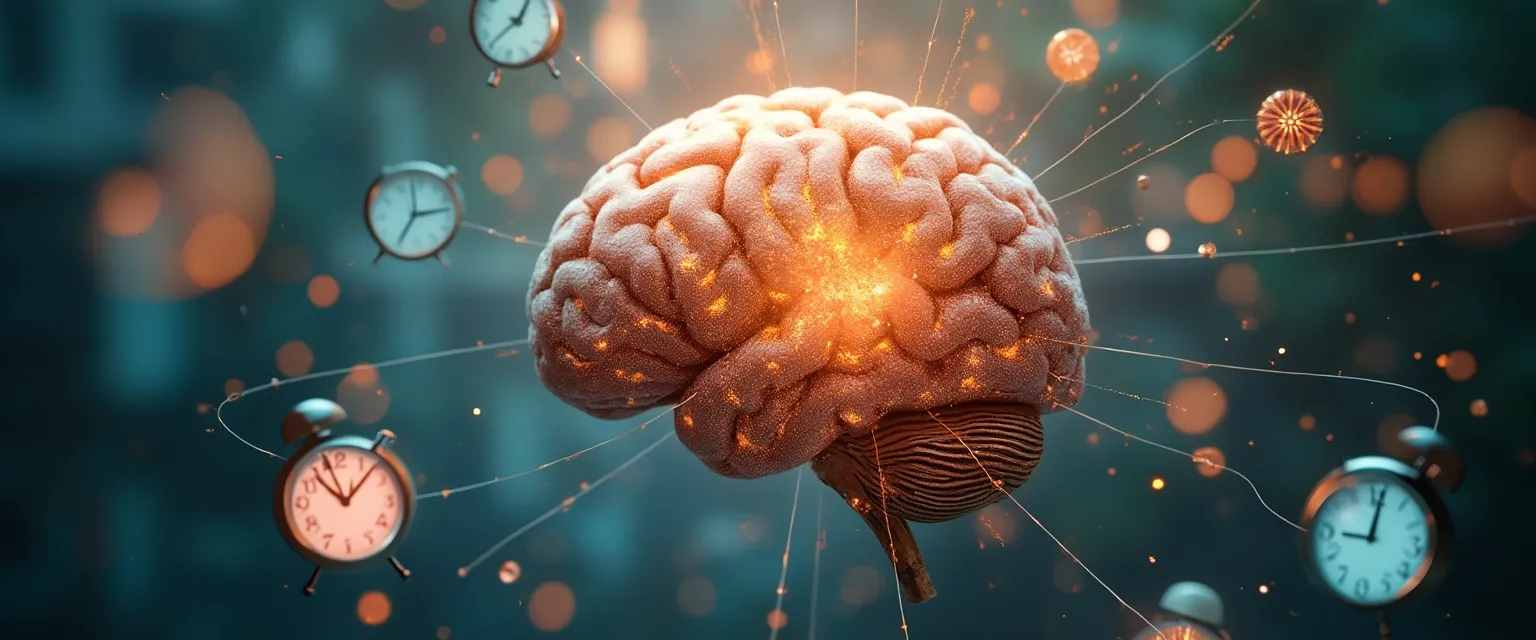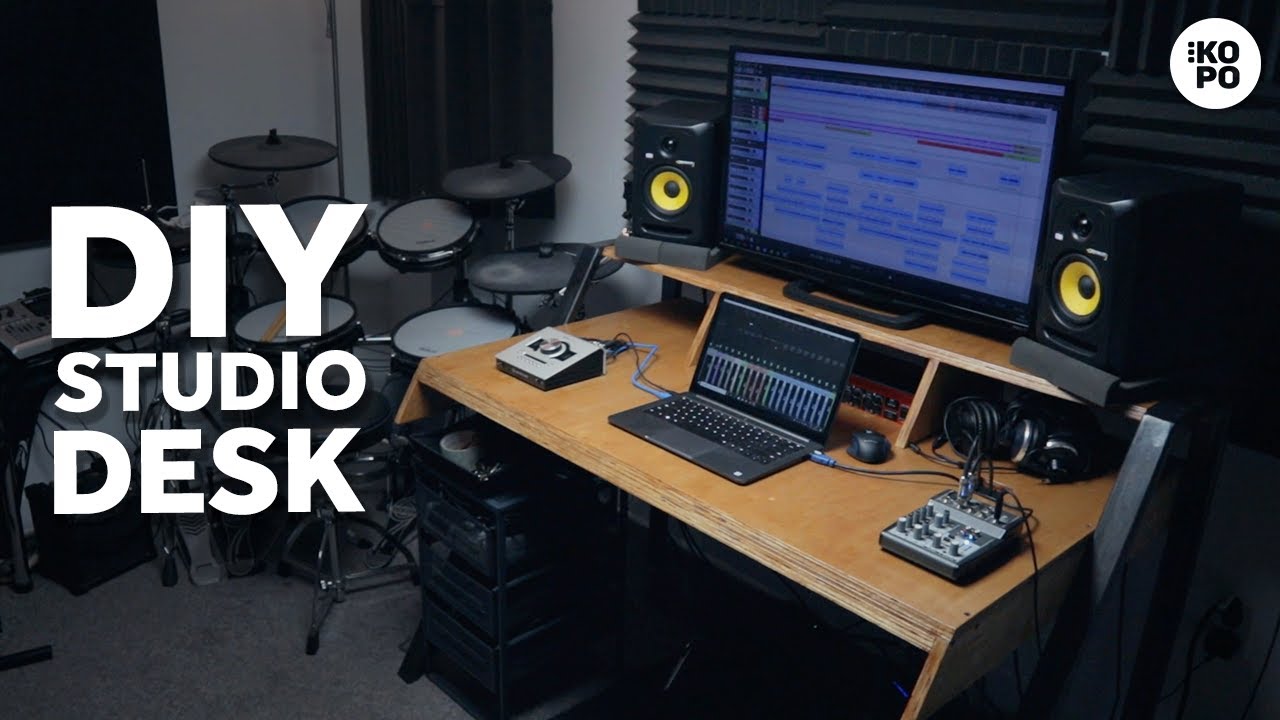Exploring Music as a Form of Therapy: Emotional and Creative Benefits of Singing and Composing

The Therapeutic Power of Music
Research has consistently shown that music is much more than mere entertainment; it plays a crucial role in the overarching fabric of emotional healing and self-expression. As therapists and researchers delve deeper into its therapeutic qualities, the emotional and creative benefits of singing and composing have gained significant recognition in both clinical and personal contexts. Utilizing the natural rhythm and melody of music, individuals can tap into transformative pathways for enhancing emotional well-being. This exploration opens a door to understanding how music can impact various aspects of life, making it an invaluable tool in today’s fast-paced world.
Among the noteworthy impacts of music therapy is emotional regulation. Engaging in singing or composing allows individuals to articulate complex feelings that may be difficult to express in words. For example, a teenager grappling with anxiety may find solace in writing and performing their own songs, allowing for a safe release of pent-up emotions. This creative process not only aids in understanding their feelings more thoroughly but also empowers them to navigate those emotions effectively.
Moreover, stress reduction is a key benefit highlighted by recent studies. Listening to or participating in music has been shown to lower cortisol levels, a hormone closely linked to stress. Many people have experienced the calming effects of music after a hectic day. Research indicates that certain types of music, such as classical or soft jazz, can foster a relaxed state, promoting tranquility, and overall mental health. For instance, hospitals increasingly incorporate music therapy into recovery protocols, helping patients manage stress while accelerating the healing process.
Another compelling aspect of music’s therapeutic role is its capacity to foster social connection. Collaborative music-making creates an environment filled with camaraderie and belonging. Whether joining a choir, participating in a community band, or gathering for jam sessions, individuals can build friendships and support networks. This social interaction plays an essential role in combating loneliness, particularly among certain populations like children or seniors in nursing homes, who greatly benefit from engaging with others through music.
The potential of music therapy stretches far and wide, making it an accessible tool for people from all walks of life. Its influence can be seen across various demographics, impacting children in schools who might struggle with emotional regulation, and seniors in nursing homes who may find renewed purpose and joy through shared musical activities. This article will further explore the diverse and profound ways music serves as a vehicle for therapy, revealing the extraordinary effects it can have on our daily lives and emotional landscapes.

DISCOVER MORE: Click here to dive deeper
Unlocking Emotional Expression through Music
The world of music therapy offers a fascinating lens through which we can explore how singing and composing can serve as profound outlets for emotional expression. The innate connection between music and the human psyche makes it a unique medium for exploration and healing. Notably, studies have indicated that engaging with music can effectively enhance emotional awareness and clarity. This process often allows individuals to confront difficult emotions in a manageable way, which is particularly beneficial for those struggling with mental health issues.
A powerful mechanism behind the therapeutic effects of music lies in its ability to elicit emotional responses. Research suggests that certain musical elements, such as tempo, key, and lyrics, can resonate with listeners at a deep emotional level, mirroring their experiences and feelings. For instance, a person dealing with grief may find that a poignant ballad encapsulates their sorrow, providing a necessary outlet for their pain. This phenomenon is particularly evident in music genres such as blues or folk, which often articulate themes of heartache and resilience.
In addition to fostering emotional expression, the act of composing music serves as a channel for creativity and introspection. When individuals take the time to create their own songs, they engage in a dialogue with themselves, exploring their thoughts and feelings in a structured yet liberating manner. Composing music encourages introspection that can lead to personal insight and emotional growth. Whether through writing lyrics or creating melodies, engaging in this creative process can be pivotal in one’s journey toward understanding their inner world.
- Increased self-awareness: Writing and performing music allows individuals to confront their emotions directly, leading to greater self-understanding.
- Improved mood: Studies have shown that engaging in musical activities can elevate mood and lessen feelings of depression and anxiety.
- Empowerment: Creating music can instill a sense of accomplishment, fostering self-confidence and a sense of agency in one’s life.
Moreover, singing is particularly beneficial in group settings. Research indicates that group singing can elevate levels of oxytocin, the hormone linked to bonding and social trust. Programs like community choirs or group music therapy sessions offer participants not only an opportunity to express themselves but also a sense of belonging. The act of coming together to create harmonies not only promotes emotional healing but cultivates lasting relationships among participants.
As we delve deeper into the emotional and creative benefits of music therapy, it becomes increasingly clear that music is not just an art form but a vital tool for emotional healing. Through the mechanisms of expression, creativity, and social connection, music therapy paves the way for individuals to navigate the complex landscape of their emotions. This exploration invites readers to consider the multifaceted roles that music can play in everyday life, opening up new avenues for emotional exploration and understanding.
| Therapeutic Benefits | Creative Encouragement |
|---|---|
| Emotional Release | Engaging in singing allows individuals to express emotions that might otherwise remain bottled up, facilitating a healthier emotional state. |
| Stress Reduction | Composing music stimulates creativity, enabling a sense of accomplishment and increased self-esteem. |
Exploring the therapeutic benefits of music highlights its capacity to address various emotional challenges. For instance, singing has been shown to lower stress levels effectively, as it encourages relaxation through rhythmic breathing and promotes the release of endorphins. Group singing can enhance feelings of connection and belonging, particularly in community settings, fostering a profound sense of shared experience among participants.On the creative side, composing music acts as a powerful outlet for imagination. By inventing melodies, individuals engage with their emotions in a novel way, facilitating personal growth and exploration. This creative engagement can be particularly beneficial for those recovering from trauma, as it provides a safe space to navigate complex feelings through artistic expression. The combination of singing and composing thus serves not only as a tool for emotional healing but also as a means to heighten one’s creative potential, making it an invaluable resource in therapeutic contexts.
DIVE DEEPER: Click here to explore the world of artistic expression
Healing Through Collaborative Music-Making
In addition to individual expression, the importance of collaborative music-making cannot be understated when discussing the therapeutic potential of music. Participants in collaborative settings discover not only camaraderie but also emotional support from one another. This social engagement in the creation of music fosters a collective experience that can lead to enhanced well-being. For many, shared musical experiences evoke feelings of joy and connection, diminishing the isolation often associated with mental health challenges.
Music therapy practices such as drumming circles and community songwriting sessions emphasize the power of working harmoniously with others. According to the American Music Therapy Association (AMTA), group music therapy can effectively combat anxiety and depression, resulting in positive emotional outcomes for participants. These sessions create an enriching environment where people can express their feelings and share stories, enhancing both individual and collective healing processes.
The act of creating music as a group can also break down barriers of communication. Many individuals, particularly those who struggle with verbal expression, find it easier to convey emotions through sounds and rhythms. This phenomenon has been notably effective in therapeutic settings with children diagnosed with autism, where musical interaction significantly enhances social and communication skills. By participating in musical activities, children and adults alike develop emotional intelligence while cultivating a sense of community.
The Therapeutic Power of Songwriting
Beyond communal experiences, the process of songwriting also possesses unique therapeutic advantages. By encouraging individuals to articulate their feelings and experiences through lyrics, songwriting facilitates a deeper understanding of oneself. Clinical studies have demonstrated that expressive writing, including lyrics, is linked to improved mental health. Individuals participating in such artistic expression report feeling less anxiety and greater emotional clarity.
Moreover, songwriting allows for cognitive distancing—a technique often employed in psychotherapy. When individuals transform personal experiences into song, they create a narrative that can be explored safely. This distance enables them to analyze their feelings more objectively, leading to enhanced coping strategies. This method is frequently employed in youth programs designed to tackle issues like trauma, anxiety, and identity struggles, offering young people a platform to share their voices and stories.
- Enhanced emotional resilience: Composing music empowers individuals to navigate their emotions, aiding in the development of coping mechanisms.
- Fostering connections: Songwriting collaboratively nurtures relationships and develops empathy amongst participants.
- Providing a voice: For many, music becomes a channel for expressing what words cannot adequately convey, lending voice to the unheard.
As we continue to investigate the healing properties of music as therapy, it’s essential to explore the diverse formats through which individuals can engage creatively. From group singing to solo songwriting, the avenues are numerous, each offering distinct benefits aligning with the emotional and mental health needs of various populations. In particular, innovative programs that integrate technology into music therapy, such as creating apps for songwriting or virtual jam sessions, present exciting advancements in accessibility for those seeking therapeutic benefits through music.
Overall, these collaborative and creative components underline the profound impact music can have in fostering emotional wellness and personal discovery. The ongoing exploration into music as a therapeutic medium invites a broader understanding of its role in enhancing not only individual lives but also communities as a whole.
DISCOVER MORE: Click here to learn about music therapy
Conclusion: The Transformative Power of Music Therapy
As we explore the multifaceted role of music as a form of therapy, it becomes evident that its emotional and creative benefits are both profound and far-reaching. The journey of singing, composing, and participating in group music-making transforms not just individual lives but entire communities. Through the unique combination of expression and connectivity, music emerges as a powerful conduit for personal healing and social interaction.
The benefits of music therapy extend beyond mere enjoyment; they encompass a range of psychological advantages, including reduced anxiety, improved emotional resilience, and enhanced communication skills. As studies continue to substantiate the efficacy of these practices, it becomes increasingly crucial for mental health professionals to integrate music therapy into treatment plans. By doing so, they can unlock creative pathways for patients, enabling them to articulate their experiences in ways that traditional therapies may not facilitate.
Moreover, technology is poised to revolutionize music therapy in the coming years, providing broader access to those in need. Digital platforms, apps, and virtual collaboration avenues open doors for individuals across various demographics to experience the healing capacity of music. With each note and lyric, we draw closer to understanding the intricate relationship between sound and emotional well-being.
Ultimately, the exploration of music as therapy not only underscores its therapeutic potential but also invites us to consider how we might incorporate musical expression into our daily lives. Whether through personal songwriting or community engagement, music continues to resonate as a vital tool for emotional health, urging us to harness its power for healing, connection, and discovery.


